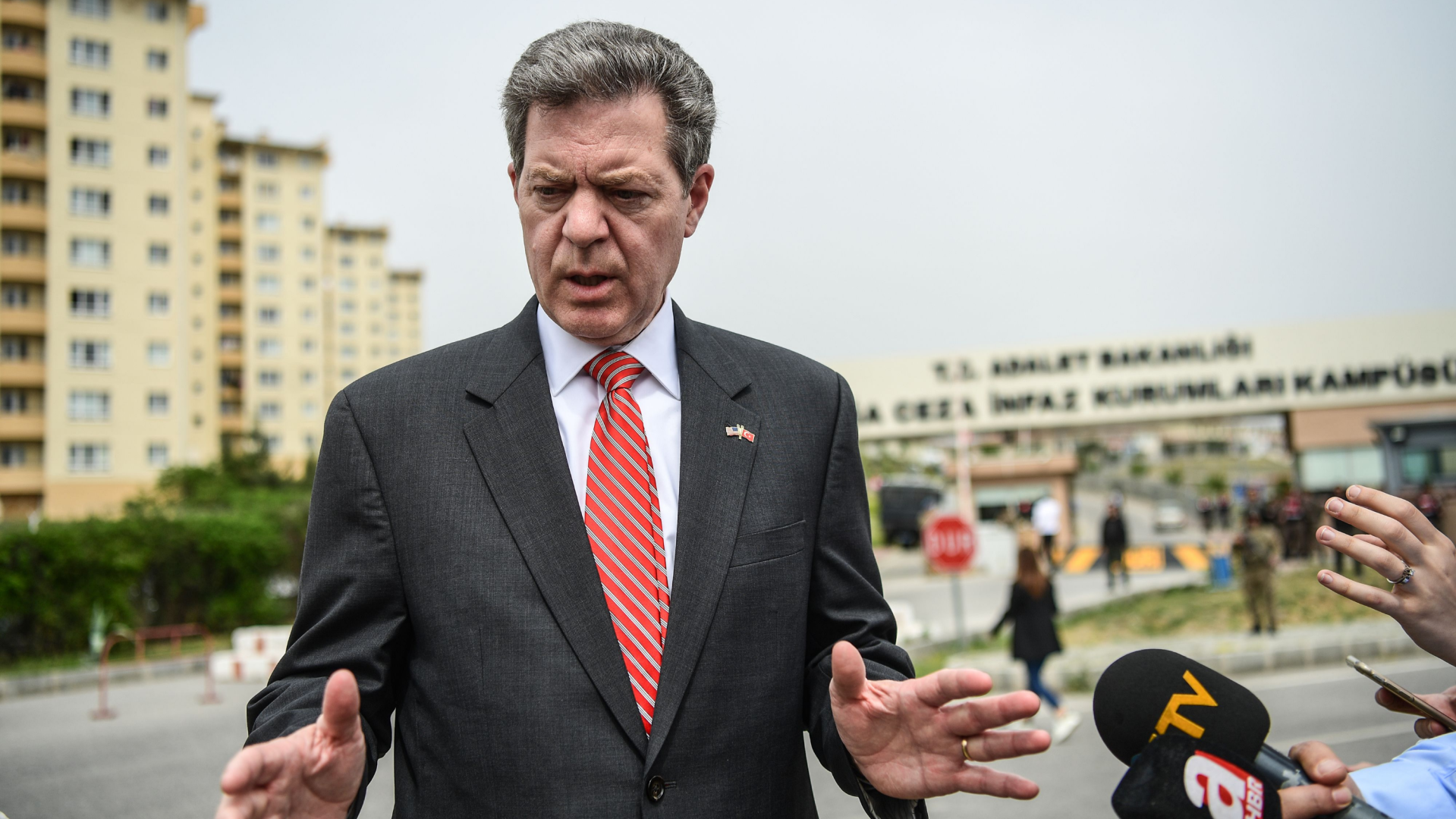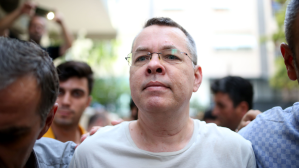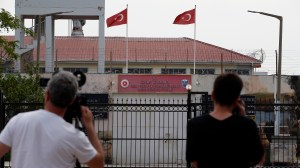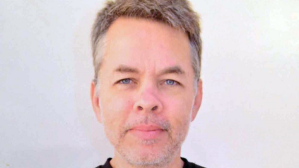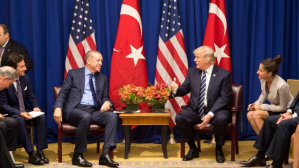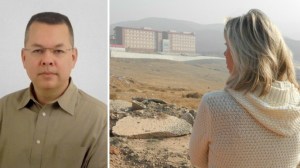In this series
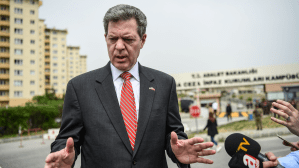
For most of American pastor Andrew Brunson’s 18-month imprisonment in Turkey, the government failed to officially indict him or offer the opportunity for bail or his release.
Finally, his terrorism and espionage case came to trial on Monday, but the proceedings continue to underline the strained relations between the United States and Turkey.
Sam Brownback, the US State Department’s new ambassador-at-large for religious freedom, traveled to Turkey this week to back the American pastor in court in Aliaga, just 38 miles from Izmir, the coastal city where Brunson had led a small Presbyterian congregation.
Turkey has accused the evangelical minister—who lived in the Muslim-majority country for 23 years before his arrest following an attempted coup in 2016—of fueling unrest in the country through alleged involvement with exiled cleric Fethullah Gülen and the Kurdistan Workers Party (PKK), an insurgent group. Both movements are seen as enemies and threats to the Turkish government.
“I have been praying for Turkey for 25 years. I wouldn’t do anything against Turkey,” the pastor told the court in Turkish during his hearing.
Though Brunson’s March indictment raised the possibility of a life sentence, the 50-year-old now faces a total of 35 years in prison if found guilty in the case, which rests on testimonies from unnamed sources and evidence procured on Brunson’s phone, according to reports.
Trump administration officials, as well as the religious freedom advocates who have come to Brunson’s defense, see the charges as a false attempt to use an innocent American for political leverage. Turkish president Recep Tayyip Erdoğan has repeatedly offered to free Brunson if the US were to extradite Gülen, who now lives in Pennsylvania.
“The administration is deeply concerned about this case,” Brownback said. “We completely believe (that) Andrew Brunson is innocent. We are hopeful (that) the judicial system will find that.”
He observed the trial with Senator Thom Tillis, who represents Brunson’s home state of North Carolina and visited him in prison this year. Brownback pledged “very high-level US government interest in this until [Brunson] is released.”
The Turkish court postponed the remainder of the trial until May 7 and ordered that Brunson return to another prison in the meantime. The date corresponds with the sentencing for a Turkish banker on trial in the United States over his alleged involvement in helping Iran evade US oil sanctions, “drawing an apparent link between the two highly charged cases,” according to Bloomberg News.
The Trump administration has been working to improve relations in the hopes of securing a favorable outcome for Brunson, including urging Congress to postpone sanctions against Turkish officials.
President Trump asked Erdoğan about the case in a recent call. The American Center for Law and Justice (ACLJ), a Christian advocacy group led by Jay Sekulow (who happens to be one of Trump’s lawyers), has been the leading force rallying support for “Pastor Andrew.” Nearly 500,000 have signed an ACLJ petition calling for his release.
Brunson denied the criminal claims raised during the hearing and said he never preached in favor of Kurdish independence or aided suspects involved with the PKK.
“I did not engage in any illegal activity. I had no relations with anyone engaged in such activity,” he said. “I am a Christian pastor. I did not join an Islamic movement. Their aims and mine are different.”
His lawyer, İsmail Cem Halavurt, believes that his faith made him a target.
US officials have met with Brunson multiple times in prison, including a visit from former Secretary of State Rex Tillerson in February.
“The United States cares deeply about our relationship with Turkey,” Brownback said at Brunson’s hearing, according to Reuters. As reports have noted, the two countries are also divided on Kurdish activity in Syria, which borders Turkey to the south.
“That relationship is going to have difficulty moving forward as long as Andrew Brunson is incarcerated.”

